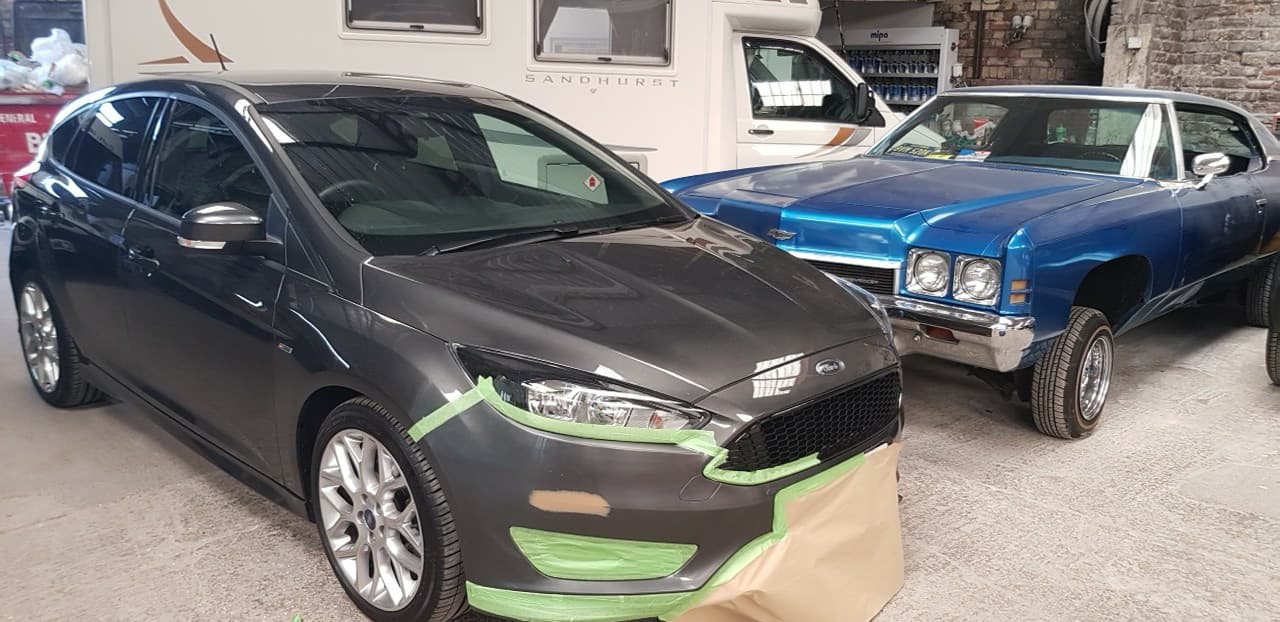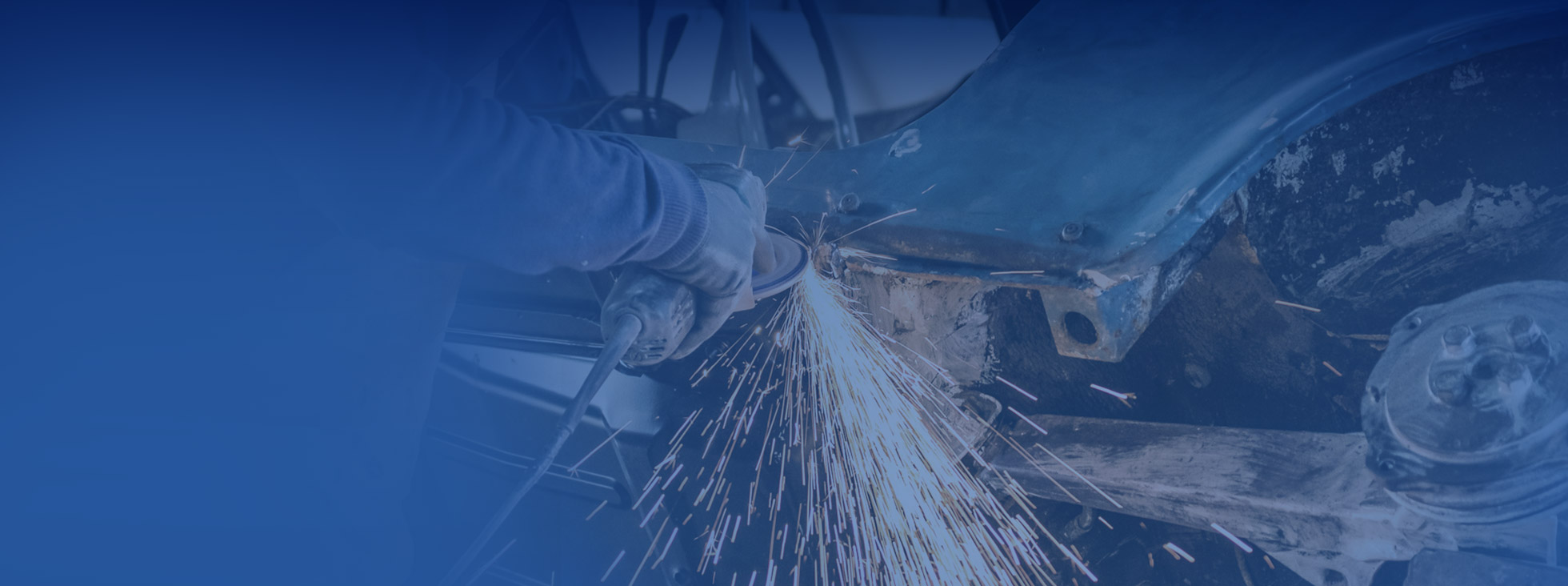
17 Jul How the weather can affect your car bodywork
Here’s the thing about car bodywork – it’s designed to cope with changing climates, weather and all the nasties that get kicked up off the road. By no means is it indestructible or inert, but it’s certainly tough.
It does have a limit though, and that limit is very often experienced here in Great Britain because of our unpredictable weather. Quite simply, the weather can damage a car’s bodywork. We’ve seen this first hand in our body shop. In particular, weather brought on by a cold climate is a common cause of damage.
Here’s the ways weather can affect car bodywork:
- Road salt, sleet and snow
Road salt, sleet and snow are a car’s worst enemy.
If you’ve driven around during winter for any period of time, you’ll have noticed your car’s paintwork get coated in salt and grime. This is a problem for three reasons:
- The salt can damage the clearcoat. It can eat away at it, making it appear dull.
- The salt sticks to the bodywork. Even with pressure washing, some salt can remain and scratch the paintwork when you clean it.
- Snow causes impurities to stick to paintwork. These are unseen and if you push snow off your car, you scrape thoseimpurities against the paint. This can cause scratches. Ice is an issue for the very same reason.
Sleet and snow are standalone issues because they always coat your car in the nasties on the road. All it takes is a short drive to coat the side of a car in rubbish.
Avoiding damage
We recommend you clean your car every week. There’s no point scrubbing the paintwork in horrible conditions, so just give it a power wash with water. This will blast off the salt. You might also like to ‘prepare for winter’. A coat of a good wax or paint sealant can make all the difference – the hydrophobic coating created by these makes cleaning easier.
- Hail stones
Hail stones are a serious issue for car bodywork. Hail stones vary in hardness, shape and size. It’s hail stones created during a tepid climate you want to be wary of, because these are typically jagged or elliptical in shape.
Small hail stones leave small scratches in paintwork. They can also indent the clear coat, which can cause water to get underneath and lift the paint away over time. Larger stones have the power to dent your car. Your bonnet, roof and wheel arches could be dented by a large hailstone. Anything over 2cm in size can dent aluminium.
Avoiding damage
You can’t always do so because hail is unpredictable. However, keeping your car in a garage, under a car port or using a car cover can avoid damage from hailstones. Some people also have had good results ‘wrapping’ their car with vinyl. This will prevent your paintwork from being scratched by hailstones, although maybe not dents.
- The sun
Modern car paintwork has a highly UV resistant coating created by a clearcoat. However, over time the UV protective properties can break down. This causes inconsistencies in the protection offered by the clearcoat, so some panels can fade. That’s why many older cars have a bonnet that’s a different colour to the roof!
Two things breakdown the clearcoat’s UV resistant properties:
- Exposure to direct sunlight
- Time
Avoiding damage
You can’t do anything about the second point, but you can about the first. Try and park your car in the shade and use a car cover if possible. If you’re driving, there’s nothing you can do to protect your car from the sun. The only way to protect the paint is to wrap it with vinyl, so to cover it up completely. It’s drastic, but it works.
- Accidents
Lastly, it’s important we point out that car accidents increase when the weather takes a turn for the worse. It becomes harder to slow down in wet weather and visibility is reduced in direct sunlight and in fog. You are at a higher risk of an accident in bad weather and because of this you should do all you can to minimise risk.
Avoiding damage
If it’s sunny, wear sunglasses. If it’s foggy, turn your fog lights on and use your hazard lights if you have to slow down suddenly. If you drive on a dark road, use your high beam if there’s no other cars. Common sense is your best risk reducer.
Has your car bodywork been damaged because of the weather? Call us on 0113 440 1327 to speak to one of our experts.


No Comments